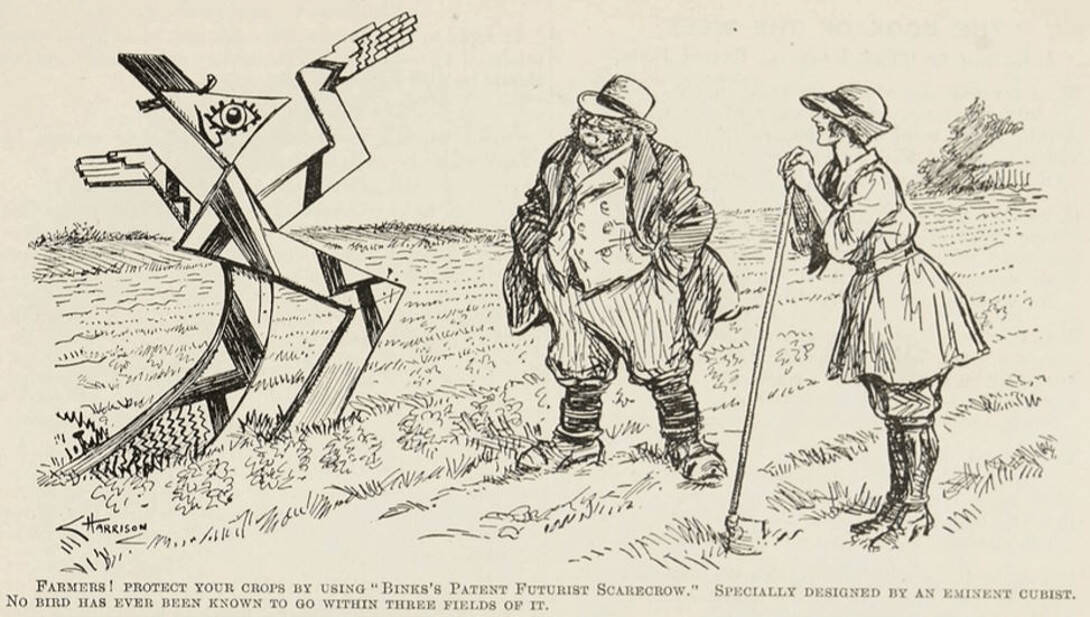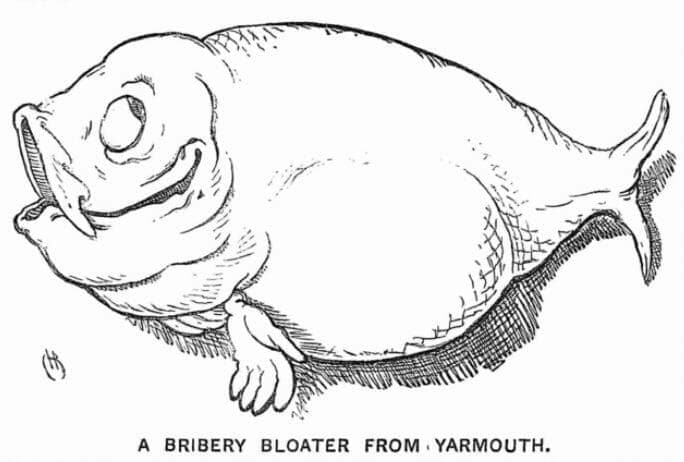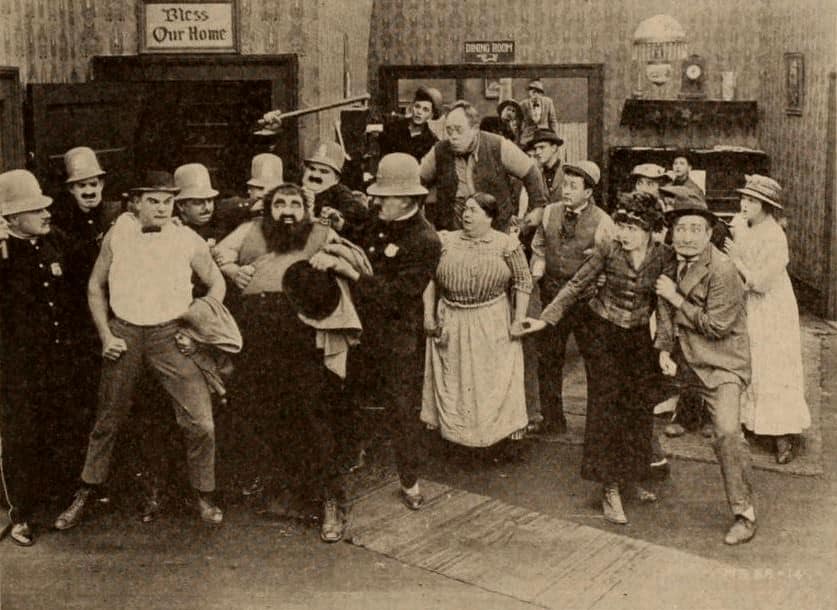│By Ellen Grace Lesser, Gale Ambassador at the University of Exeter│
The famous wizarding twins Fred and George Weasley first introduced patents to me, explaining them to be the legal right granted to an inventor to prevent others from copying their invention. State Papers Online taught me that patents can be more than that: they are the official and legal conferring of a right or a title of any kind to anyone for a set period of time. In practice, this means that as long as a right or a title is temporarily conferred to a named entity (whether that be an individual person or a company) the right is a patent. It was interesting to discover that patents do not necessarily have to apply to inventions. While looking into the State Papers Online archive, I discovered many other kinds of patents as well as patents for inventions. From the contents of the patents to the physicality of the documents, I will share with you three of the patents I found in the archives and why each is interesting in a different way.







